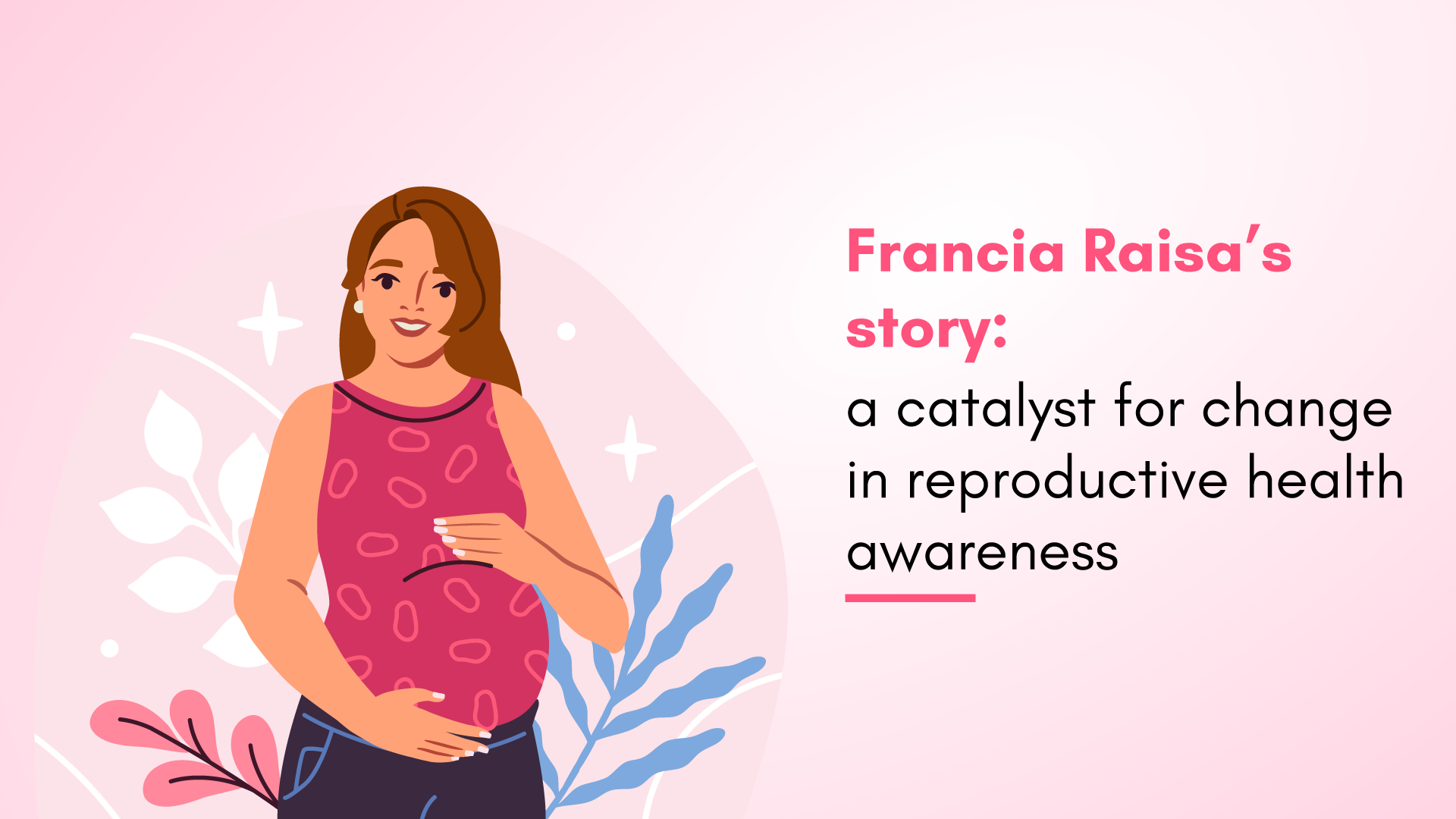Reviewed By: Dr. Jyothi C Budi – Medical Director at Ferty9 Fertility Clinic, Secunderabad, Hyderabad
Francia Raisa, the acclaimed actress known for her roles in shows like “Grown-ish” and “How I Met Your Father,” has recently opened up about her journey with Polycystic Ovary Syndrome (PCOS). Her candid revelations have shed light on the often-overlooked realm of reproductive health and the challenges faced by women with this condition.
Raisa’s struggles with PCOS began at a young age, but it wasn’t until her late twenties that she received a proper PCOS diagnosis. Like many women, she endured years of misunderstanding, misdiagnosis, and frustration before finally finding answers. Her experience highlights the importance of raising awareness about women’s reproductive health issues and the need for better education and support systems.
Also read: Fertility Challenges In PCOS
Why is Awareness of Reproductive Healthcare Important?
Reproductive health encompasses many issues impacting individuals across all life stages. Raising awareness about this critical aspect of overall well-being is crucial for several reasons:
Empowerment and Informed Choices:
Knowledge empowers women to make informed decisions about their body, fertility, and reproductive choices. By understanding their options and potential risks, women can take control of their reproductive health and make choices that align with their personal values and goals.
Early Detection and Prevention:
Many reproductive health problems, such as PCOS, endometriosis, and certain cancers, can be managed in a better way if detected early. Increased awareness results in earlier recognition of symptoms, prompting people to seek medical attention and potentially preventing more serious complications.
Reducing Stigma and Taboos:
Reproductive health has long been shrouded in stigma and taboos, often leading to silence and shame. Raising awareness helps to break down these barriers, encouraging open and honest conversations about topics like menstrual health, sexual health, and fertility challenges.
Promoting Access to Healthcare Services:
Awareness campaigns can highlight the importance of accessible and affordable reproductive healthcare services. By advocating for better access, individuals can receive the care and support they need, regardless of their socioeconomic status or geographic location.
Advocacy for Policy Changes:
Increased awareness can drive policy changes that prioritise reproductive health and ensure that individuals have access to comprehensive education, resources, and legal protections related to their reproductive rights.
Educational Empowerment:
Comprehensive reproductive health education empowers individuals to make informed choices about their body , relationships, and overall well-being. By promoting education from an early age, we can make future generations more thorough with the knowledge and skills they need to navigate this crucial aspect of their lives.
Suggested read: Earlier Detection of PCOS for Fertility Preservation
Conclusion
Francia Raisa’s courageous decision to share her journey with PCOS has ignited a much-needed conversation about reproductive health. Her story is a powerful reminder that awareness, education, and access to quality healthcare are essential for individuals to take control of their reproductive well-being. By breaking down stigmas, promoting early detection, and advocating for policy changes, we can create a more supportive and inclusive environment for all people, regardless of their reproductive health challenges.
Visit Our Clinic:
Fertility Clinic in Hyderabad
Fertility Clinic in Visakhapatnam
Fertility Clinic in Vijayawada
Fertility Clinic in Karimnagar
Fertility Clinic in Warangal
Fertility Clinic in Rajahmundry
Fertility Clinic in Tirupati
Fertility Clinic in Kurnool




